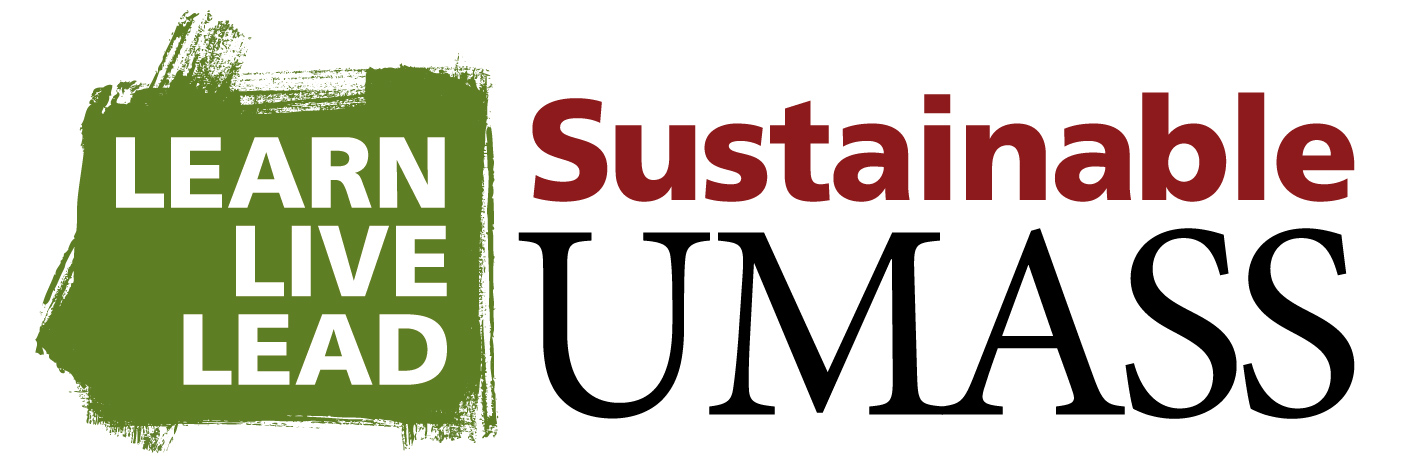Publication Date
2022
Undergraduate Sustainability Award
Honorable Mention
Abstract
Anaerobic digestion (AD) is the process in which organic matter is fermented in an oxygen-deprived environment to produce renewable biogas. Our project is multi-faceted, with the overall goal of raising public awareness of AD as a transitional energy source. To that end, our group has named itself Undergraduates Raising Awareness for Anaerobic Digestion (URAAD). We are approaching this goal on three fronts, including (i) a website, (ii) a physical lab-scale digester, and (iii) a computer simulation of anaerobic digestion.
The first component, the website, was developed with the aim of serving as a resource for the public. It includes educational resources written in a “digestible” manner, explaining how AD works and its potential benefits. The website also includes a user-friendly economic calculator, which can be used to conduct rough estimates of AD’s economic feasibility. The main factor holding back the growth of AD has traditionally been its low economic potential, but with newer technology and government incentives, we believe AD is economically viable under specific contexts, and our work aims to make clear what those conditions are. The website also hosts info about our group and a timeline of our accomplishments. It is currently hosted publicly at the link: https://umassuraad.github.io/ and has been optimized for both desktop and mobile use. The website is currently featured on the UMass Integrated Concentration of Science (iCons) page and we are making ongoing efforts to increase its searchability/impact.
The second component is a lab-scale biodigester meant to be an educational demo/experiment for students on campus. Participants will be able to insert a batch of compost and then observe the anaerobic digestion process in action, while also collecting the biogas at the end for further analysis. The biodigester equipment was funded through the UMass Sustainability, Innovation, and Engagement Fund (SEIF) grant that was won in April 2020. Since then, it has been under construction in a Chemical Engineering lab on Campus property and is sourcing the organic feedstock from UMass’s Office of Waste Management’s compost inventory.
The third component is a computer simulation of AD being conducted as an undergraduate thesis by team member Kieran Tay. It is being conducted using Chemical Engineering department supplied software so that our group can incorporate feedstock, product, and reactor engineering elements into a robust simulation so that we can then implement those models in the AD calculator. Literature review was conducted through the use of the UMass Library’s online resources for both the simulations and the website resources.
This project is ongoing (having been originally founded in the winter of 2019) and we aim it to be passed down from year to year, continuously growing in scope and impact.

Comments
Website with our work can be found here: https://umassuraad.github.io/